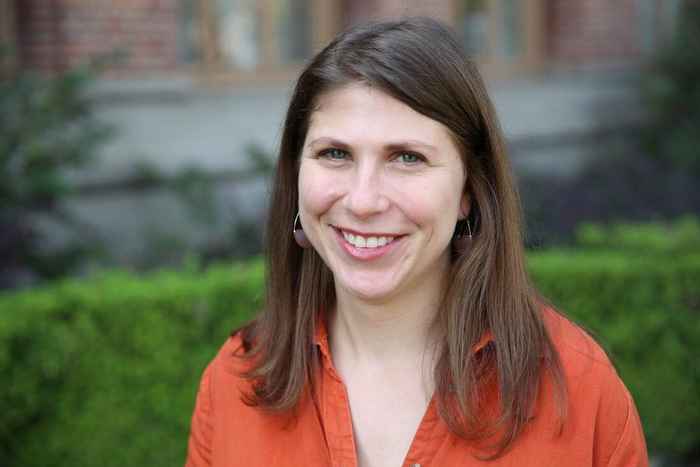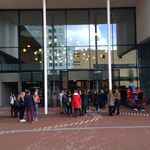Homeward Bound - Refugee Return and Local Conflict After Civil War
Book talk by Stephanie Schwartz
- Date
- 6 February 2023
- Time
- 15:30 -17:00
- Room
- B9.22

Why does refugee return so often lead to conflict?
Homeward Bound: Refugee Return and Local Conflict After Civil War offers a theory to explain this often-overlooked relationship between return migration and violence in post-civil war settings.
Schwartz argues that refugee return creates new social divisions between those who fled and returned, and those who stayed. These cleavages become politically salient through interaction with local institutions, such as property rights, land rights, language laws, and citizenship regimes.
Schwartz then uses ethnographic evidence to trace the effects of return migration on post-civil war Burundi. Fieldwork for the project spanned thirteen months in South Sudan, Burundi, and Tanzania, during which time Schwartz conducted 258 semi-structured interviews in addition to participant and field observation.
She finds that refugee return from Tanzania to Burundi created new, violent, local-level conflict between ‘repatriates’ and ‘residents’. When Burundi faced a political crisis in 2015, these migration-related tensions shaped both the character and timing of renewed refugee flight. Homeward bound advances our understanding of identity and conflict and demonstrates why developing alternatives to mass repatriation is critical for both conflict prevention and ameliorating protracted forced migration.
About Stephanie Schwartz
Schwartz is an Assistant Professor in the Department of International Relations at the London School of Economics and Political Science. She studies the politics of forced migration, violent conflict, and humanitarian governance.
Her current book project, Homeward Bound: Refugee Return and Local Conflict after Civil War, examines how refugee return influences future patterns of conflict and displacement. Other ongoing research focuses on global asylum governance and qualitative research methods. Her work has been funded by the National Science Foundation, U.S. Institute of Peace, and the Columbia Global Policy Initiative.
Schwartz worked with international policy organizations including the U.S. Institute of Peace, the World Bank, and the Sudd Institute. She was awarded the 2019 Best Dissertation award from the Migration & Citizenship section of the American Political Science Association (APSA), and the inaugural Emerging Global Scholar Prize (2019) from Perry World House at the University of Pennsylvania.
This book talk is hosted by The Amsterdam Centre for Conflict Studies (ACCS)
